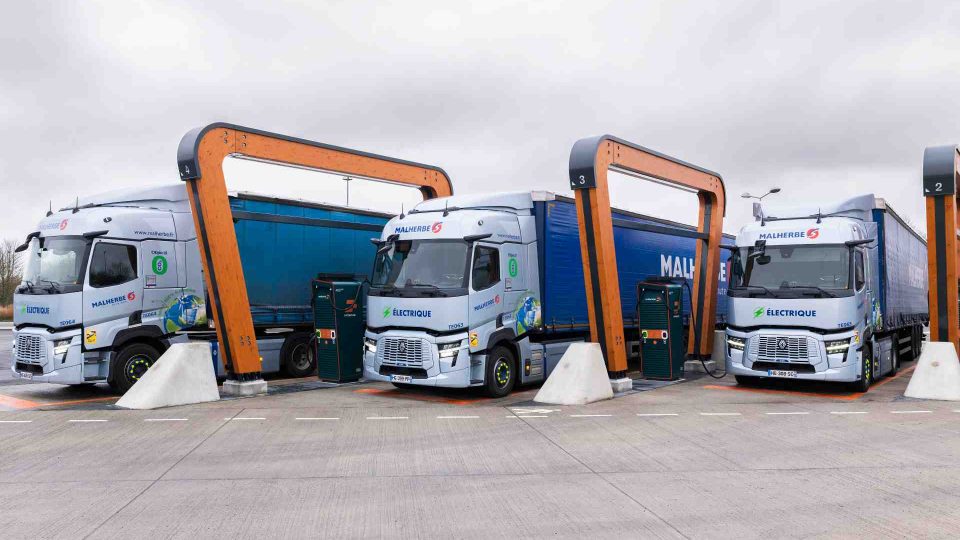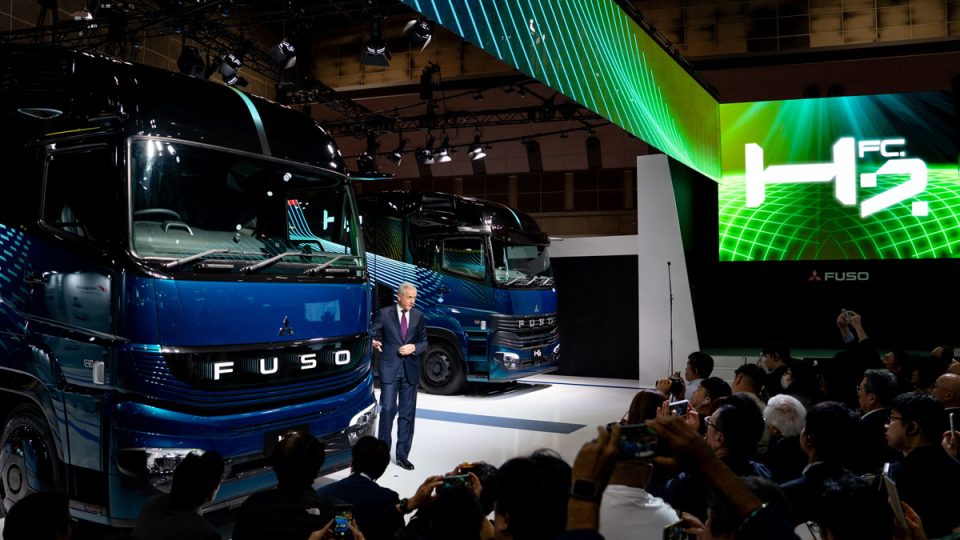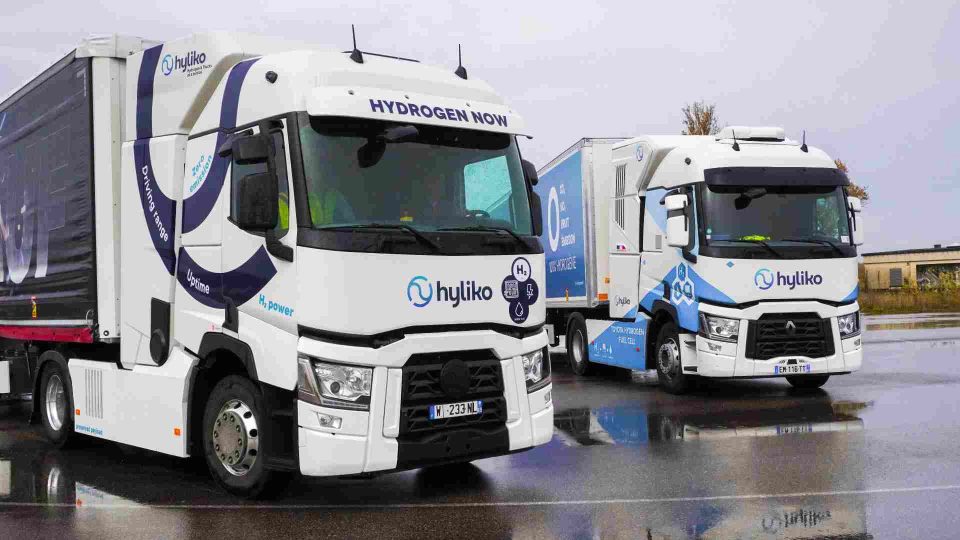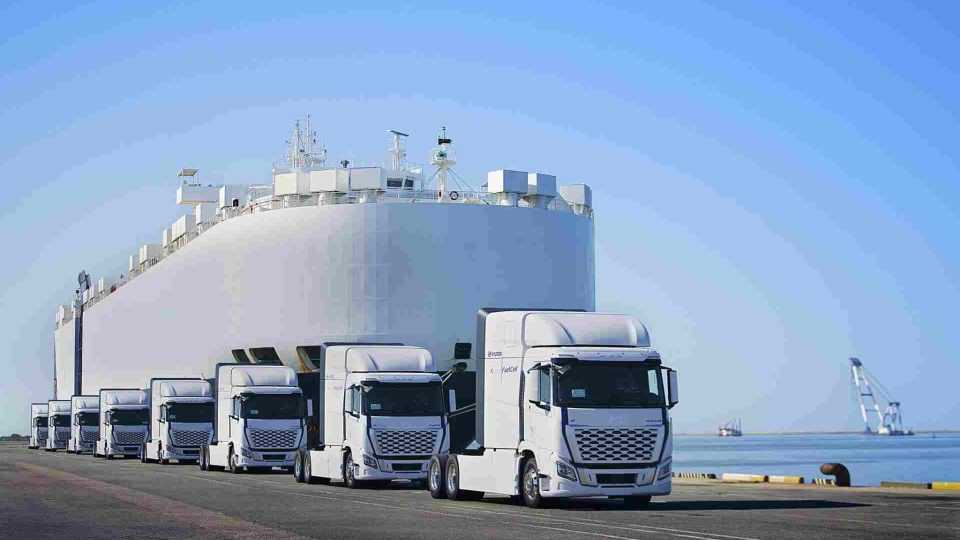News from Japan: Toyota, Isuzu and Hino get together for light-duty fuel cell trucks
The fuel cell truck model will be introduced to the market after January 2023 and used by the partners at actual distribution sites in Fukushima Prefecture and Tokyo social implementation projects.
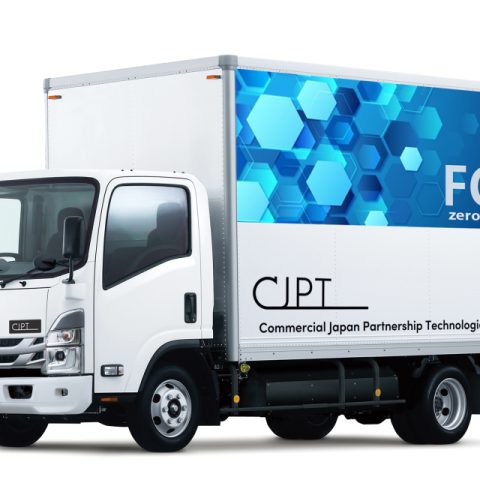
Toyota, Isuzu, Hino and Commercial Japan Partnership Technologies Corporation (CJPT) are cooperating with the aim of developing light-duty fuel cell electric trucks. The joint initiative (it’s not the first one coming from Japan, actually) is expected to contribute to the realization of a hydrogen society, as well as carbon neutrality by expanding the options available for customer use and increasing the demand for hydrogen. The companies will also promote the introduction of fuel cell electric trucks to the market along with their widespread use.
Potrebbe interessarti
Stellantis and Toyota will add a new large-size van, also BEV, to their existing cooperation
According to the partners, in addition to being equipped with refrigeration and freezing functions, light-duty trucks are often required to drive long distances over extended hours to perform multiple delivery operations in one day. They must also meet requirements such as fast refueling capability. The use of fuel cell technology, which runs on high energy density hydrogen and has zero CO2 emissions while driving, is considered effective under such operating conditions.
What Toyota, Isuzu, Hino and CJPT will do
The four companies will mobilize their combined knowledge – the truck technology that Isuzu and Hino have accumulated over the years as well as Toyota’s FC technology – in pursuit of products that meet the performance and conditions required for light-duty trucks. It will be introduced to the market after January 2023 and used by the partners at actual distribution sites in Fukushima Prefecture and Tokyo social implementation projects.




